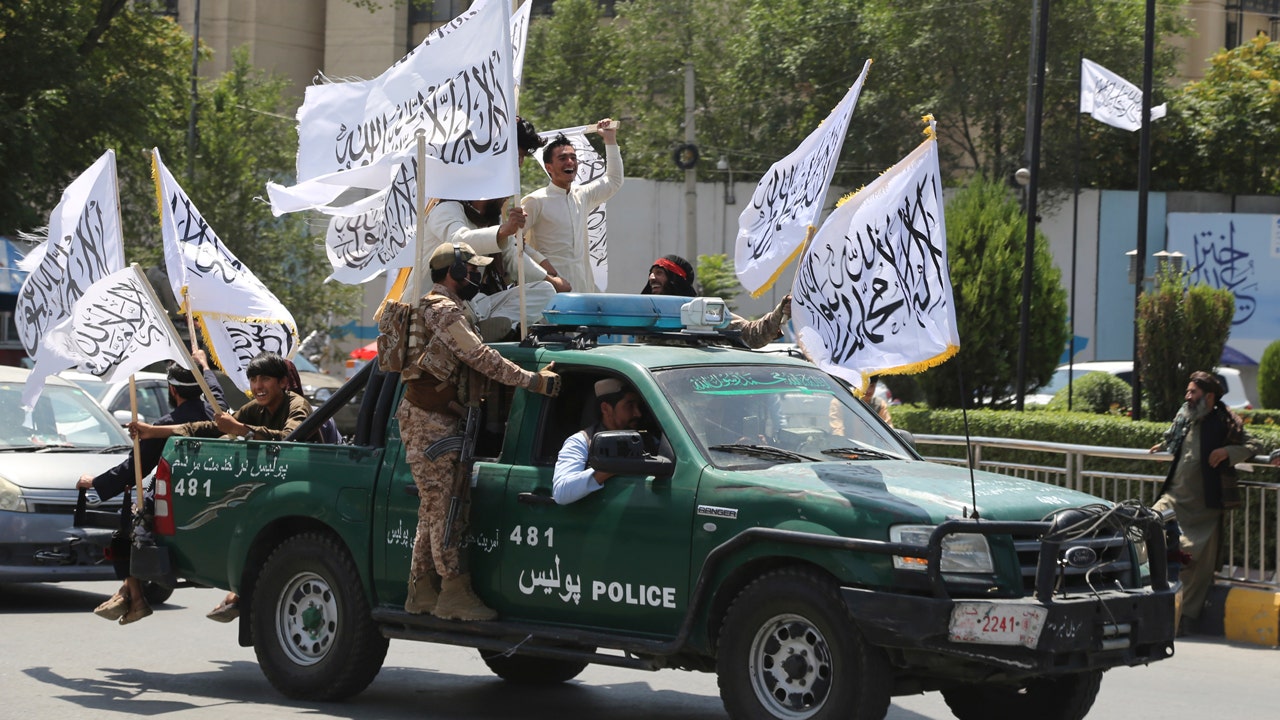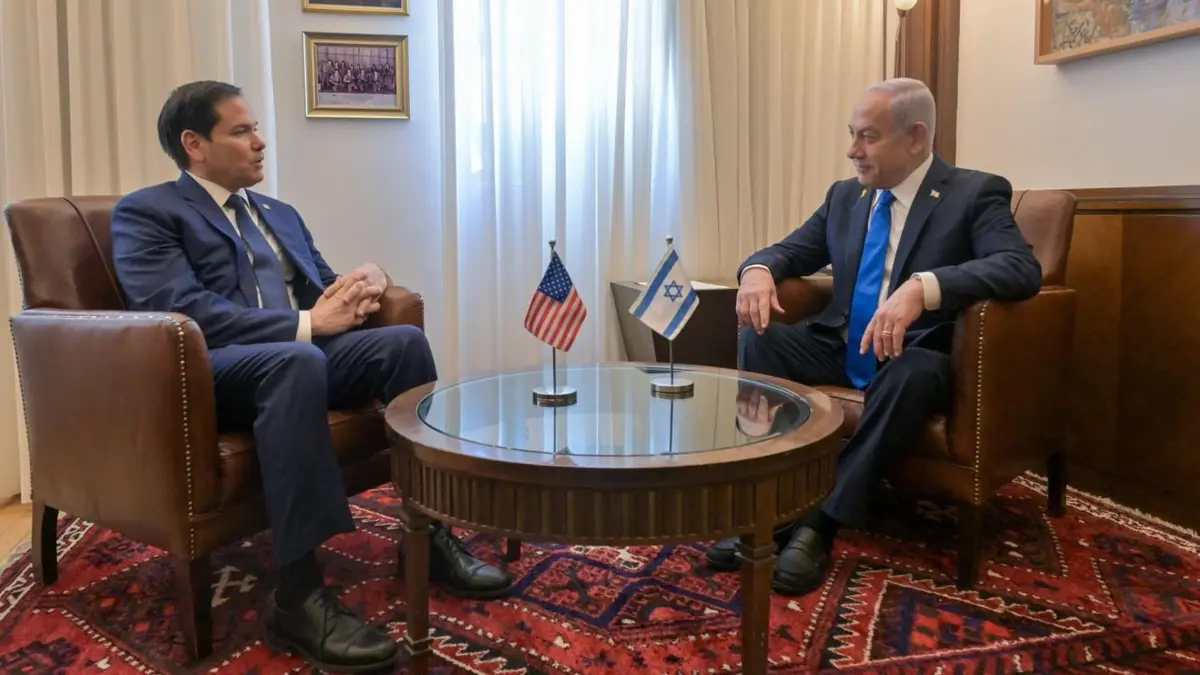A contested search in Masafer Yatta spotlights the collision of art, activism, and Israel's security posture
Palestinian filmmaker Basel Adra, a co-director of the Oscar-winning documentary No Other Land, says Israeli soldiers raided his home in the West Bank on Saturday, asking for his whereabouts and checking his wife's phone while their infant daughter was present. Adra told the Associated Press the search followed a settler attack in his village that injured relatives. He said soldiers were blocking the village entrance, leaving him unwilling to risk detention by returning. Israel's military did not immediately comment and the details could not be independently verified.
Competing claims in a volatile theater
Adra has long documented settler violence and demolitions in Masafer Yatta, a southern West Bank area at the heart of his film. His Israeli co-director Yuval Abraham said he was terrified for Adra and alleged a pattern where settler assaults are followed by army pressure on Palestinians. The film has drawn international honors and backlash, including a Miami Beach push to end a theater lease after a screening, a reminder that culture wars travel fast and carry civic costs. Supporters cast the documentary as vital testimony, critics see advocacy masquerading as reportage.
Security and law in Masafer Yatta
Israel seized the West Bank in 1967 and later designated parts of Masafer Yatta as a live-fire training zone, a decision that has triggered decades of legal fights, demolitions and protests. Over 500,000 Israelis now live in settlements, while roughly 3 million Palestinians live under Israeli military rule and Palestinian Authority administration in cities. Since the Gaza war began, the West Bank has seen a surge in security raids, Palestinian attacks, and settler violence. A security-first state will move to disrupt threats, yet the rule of law requires consistent enforcement against violent actors on both sides and transparency when homes are searched and devices examined.
Free expression is not immunity, security is not carte blanche
Adra's acclaim does not place him beyond the reach of lawful investigation, and Israeli soldiers operating in a high-risk environment deserve tools to keep citizens safe. But security powers demand prudence, clear predicate, and documentation, especially when journalists and their families are involved. Body cameras, timely public statements, and consequences for vigilantes would bolster credibility. The same standard should apply to Palestinian factions that glorify or organize violence. Limited government means targeted, accountable policing, not collective punishment or selective leniency.
What to watch
Look for an official IDF account of the operation, independent verification from legal aid groups or monitors on the ground, and whether Israeli authorities pursue charges against settlers implicated in attacks. Expect more political spillover in Europe and the United States, where debates over Israel policy and arts funding will seize on this case. The right balance is firm security against perpetrators, narrow and justified searches, and protection of legitimate reporting, a formula that serves both stability and liberty.





